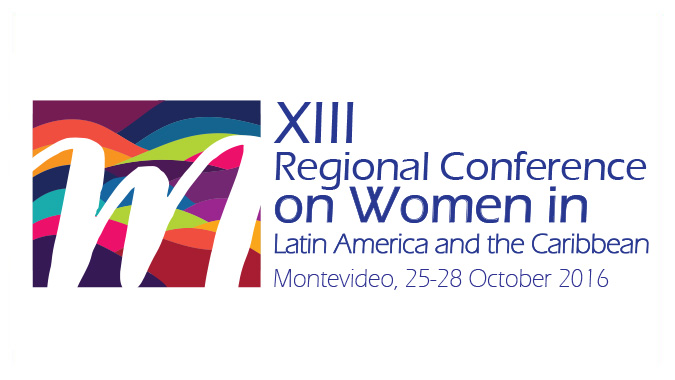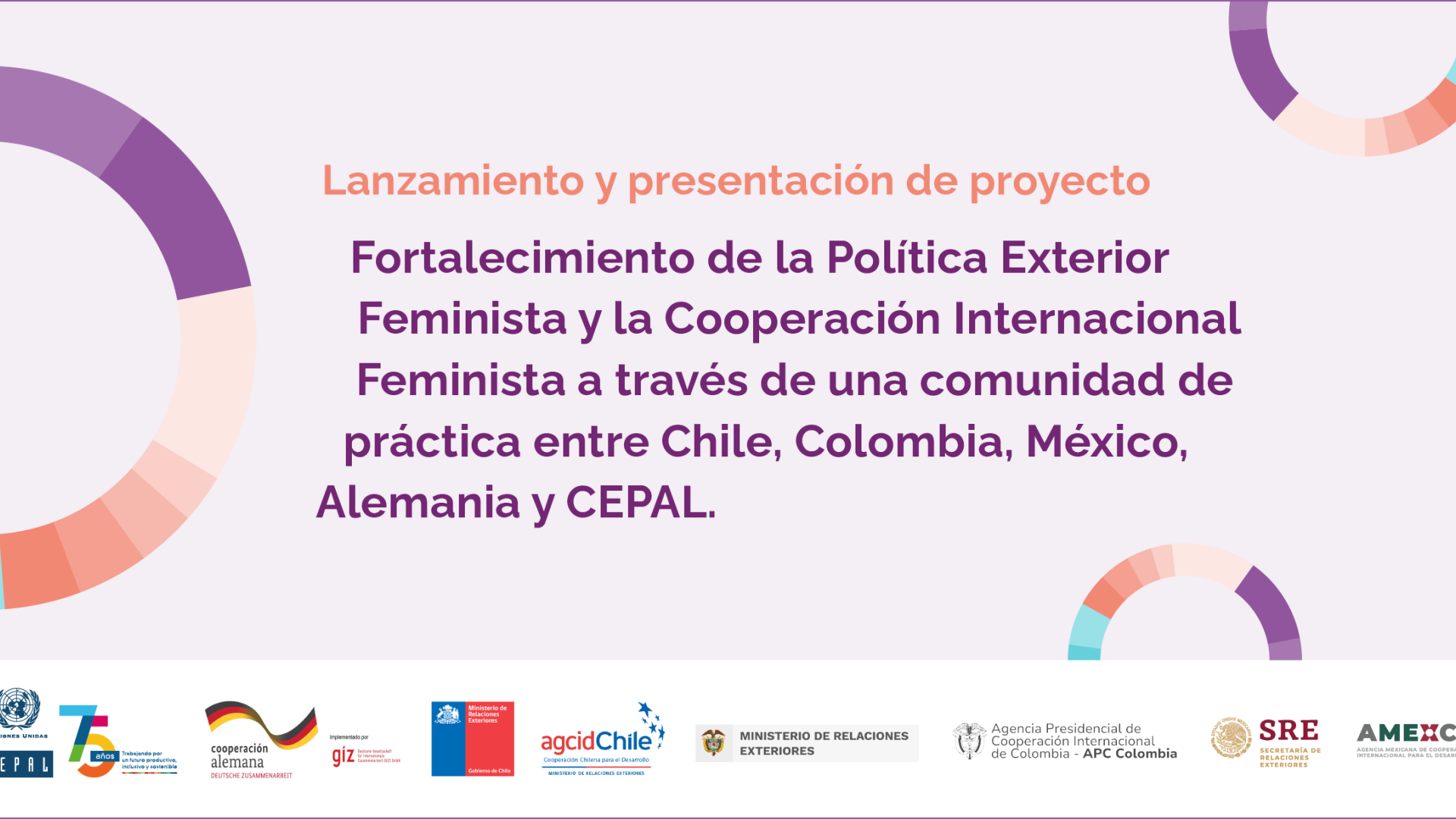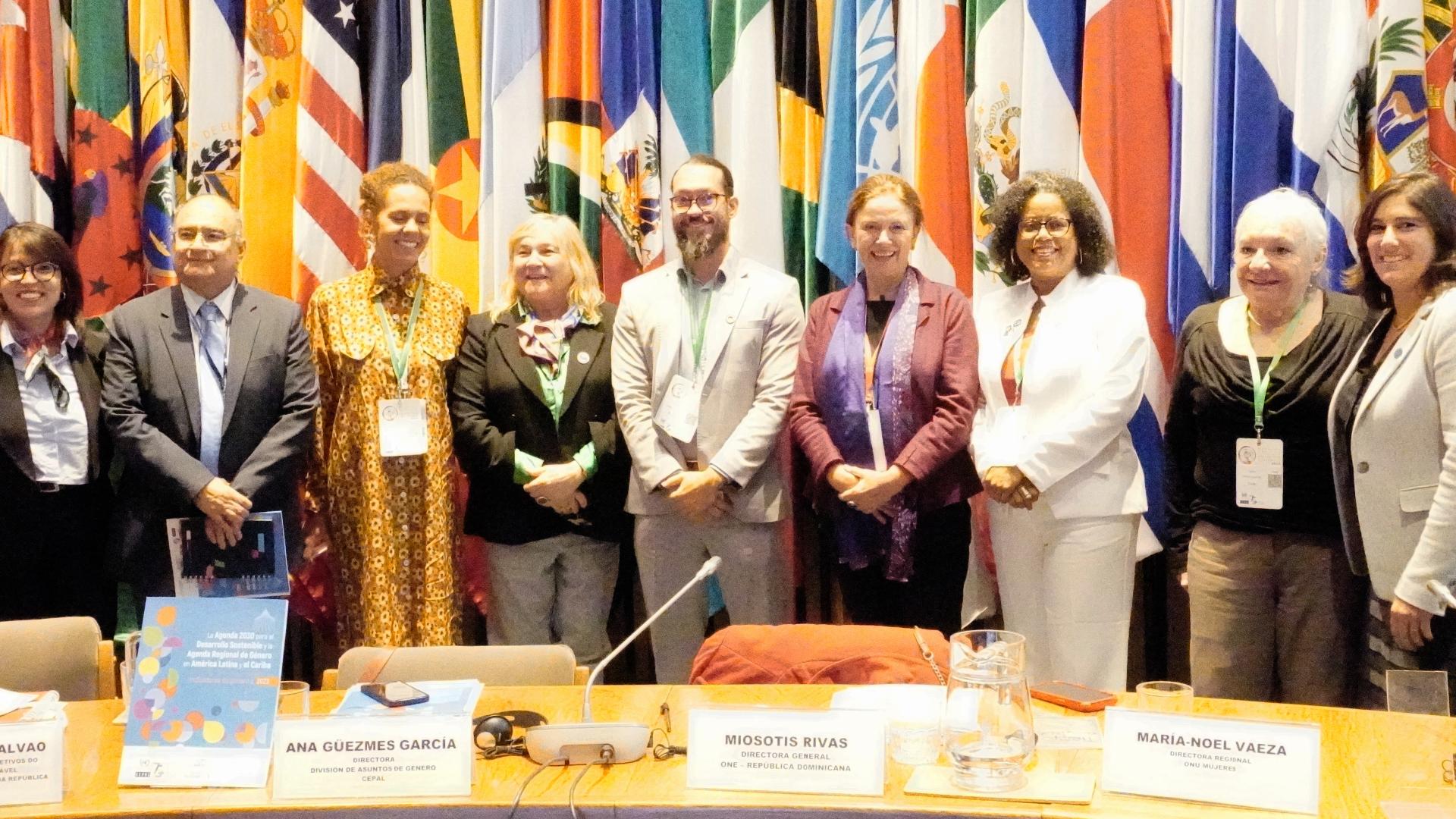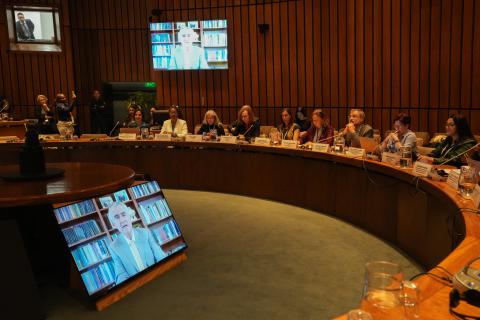Briefing note
Focused on the opportunities and challenges regarding gender equality and women’s autonomy posed by the 2030 Agenda for Sustainable Development, the XIII Regional Conference on Women in Latin America and the Caribbean will take place on October 25-28, 2016. The meeting will bring together representatives of governments, civil society and United Nations organizations.
The gathering—organized by the Economic Commission for Latin America and the Caribbean (ECLAC) and Uruguay’s government (through the Foreign Ministry and the National Institute of Women)—will mark 40 years of building a regional gender agenda with a series of panels, side events and cultural activities.
The first Regional Conference on the Integration of Women into the Economic and Social Development of Latin America (Havana, 1977) was held almost four decades ago. It provided a regional forum for exchange after the World Conference of the International Women’s Year (Mexico City, 1975).
A regional plan of action was adopted in Havana, which became the first Latin American and Caribbean road map for advancing towards the recognition of women’s contribution to society and the obstacles they face in improving their situation. On that occasion, the governments gave ECLAC the mandate to periodically convene a Regional Conference on Women as a subsidiary body.
Since that time, 12 regional meetings have taken place—the last ones in Quito (2007), Brasilia (2010) and Santo Domingo (2013)—in which different consensuses were approved that specify country commitments on gender equality. This year, at the Thirteenth Conference, the aim is to approve the Montevideo Strategy, which will include concrete actions for implementing those agreements.
ECLAC’s Conference on Women “has become the main forum for the negotiation of a broad, profound and comprehensive regional agenda on gender equality, in which women’s autonomy and rights are front and centre,” said Alicia Bárcena, the regional organization’s Executive Secretary, in the prologue of the document 40 Years of the Regional Gender Agenda.
The publication, which compiles all the agreements adopted by governments in the regional conferences, seeks to serve as a tool for consultation but, above all, for action and the building of a future based on the collective memory of Latin American and Caribbean women, Bárcena underscores.
In Montevideo, the senior official will present the document Equality and women's autonomy in the sustainable development agenda, the themes of which will be discussed in depth on diverse thematic panels and roundtables. The intergovernmental meeting also includes a series of side events organized by United Nations agencies and civil society organizations.
All the available information on the meeting can be found at the event’s special Web site: ://conferenciamujer.cepal.org/13/en.
More information:



